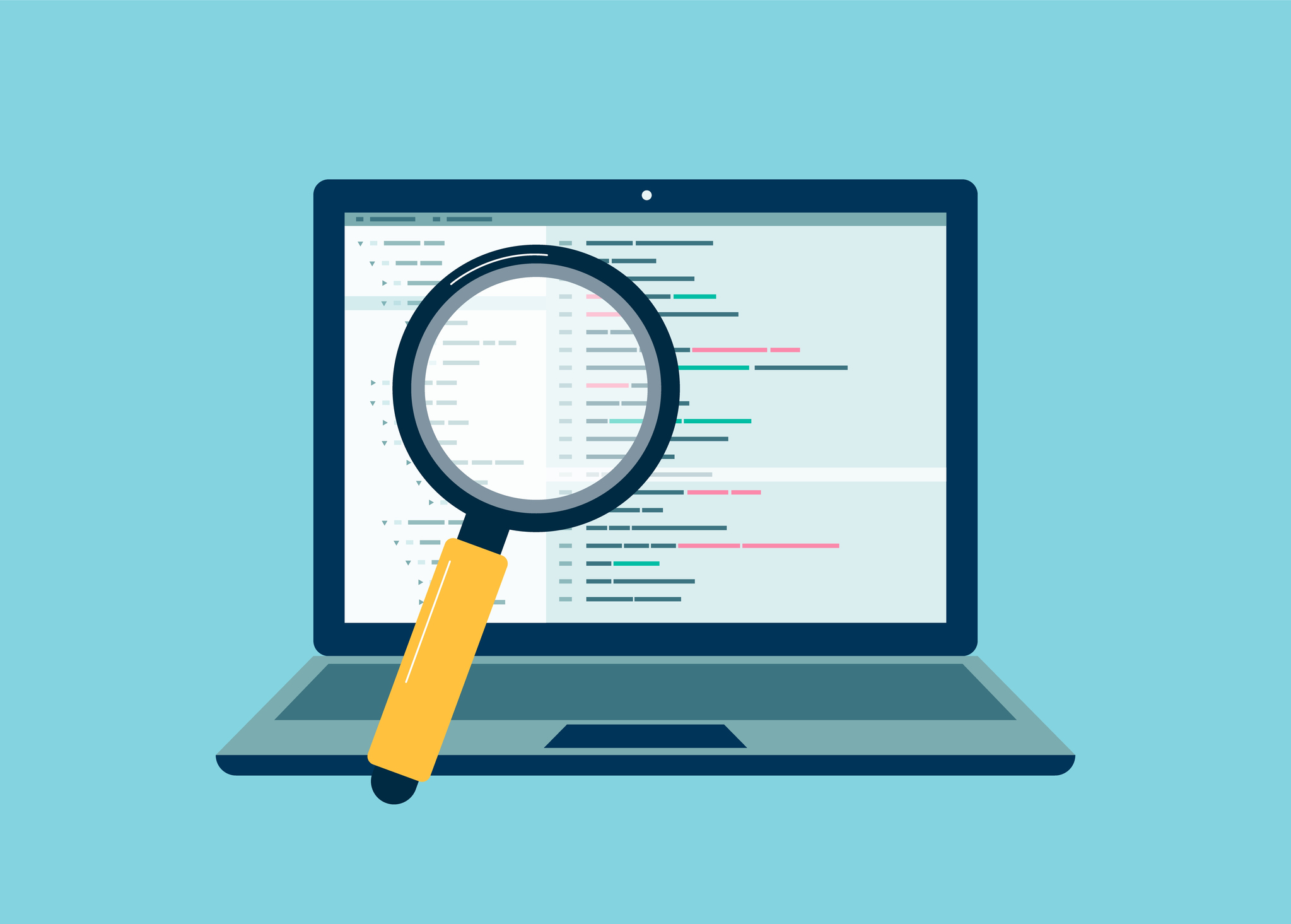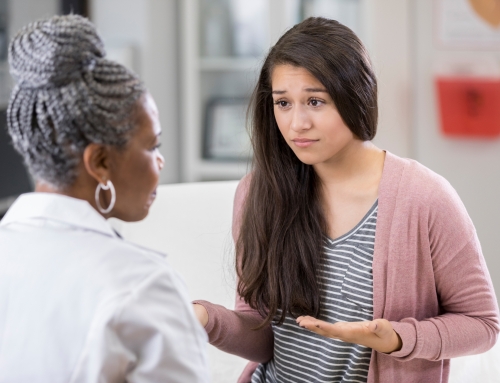Over the last two years, people have been exposed to a lot of information, from many different sources, regarding COVID-19. There are many reputable sources for health information, such as the Center for Disease Control (CDC) and World Health Organization (WHO). However, there has been a recent rise in health misinformation, which caused confusion about vaccination and other public health measures, such as masking and social distancing. Although health misinformation is not new, with more people having access to the internet and various social media platforms, it has spread in recent years at an unprecedented rate. In order to keep yourself, your loved ones, and your community safe and healthy, the US Surgeon General has created the following list to help understand, identify, and stop the spread of health misinformation. It should be used whenever you come across any health-related content that you are uncertain about.
- Did you check with the CDC (or other local public health department) to see whether there is any information about the claim being made?
- Did you ask credible health care professionals, such as your doctor or nurse, if they have any additional information?
- Did you type the claim into a search engine to see if it has been verified by a credible source?
- Did you look at the “About Us” page on the website to see if you can trust the source?
- If you’re not sure, don’t share!
Visit the US Department of Health & Human Services, Office of the Surgeon General’s page on Health Misinformation Reports and Publications for additional resources: https://www.hhs.gov/surgeongeneral/reports-and-publications/health-misinformation/index.html
Download a printable version of the Health Misinformation Checklist: https://www.hhs.gov/sites/default/files/health-misinformation-checklist-english.pdf




